Sweet success: How I won Red Bull Timelaps as a diabetic rider
Type-1 diabetic George Kirkpatrick is on a mission to prove that compromised blood sugar control is no barrier to success — however long the race
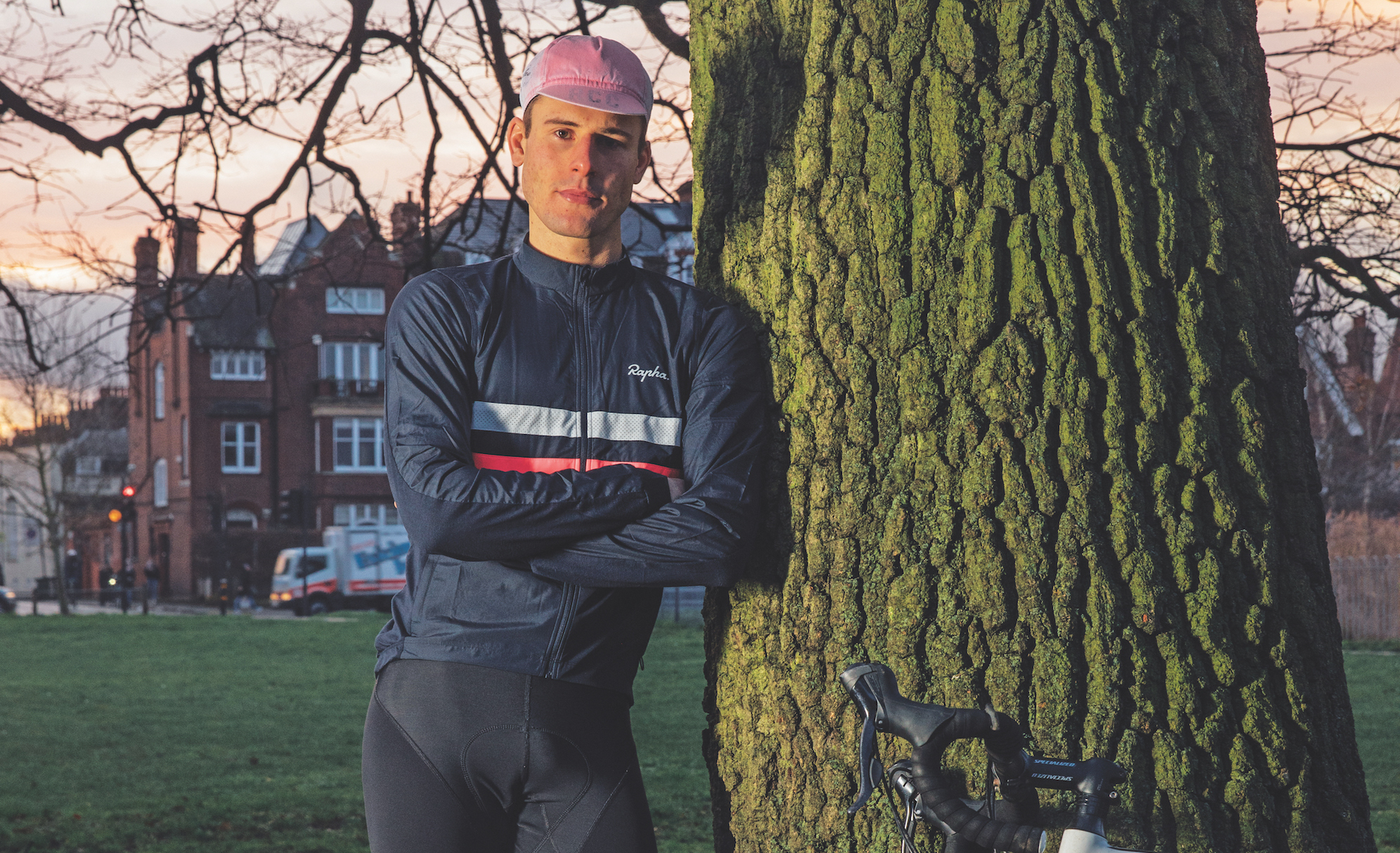
George Kirkpatrick (Daniel Gould)
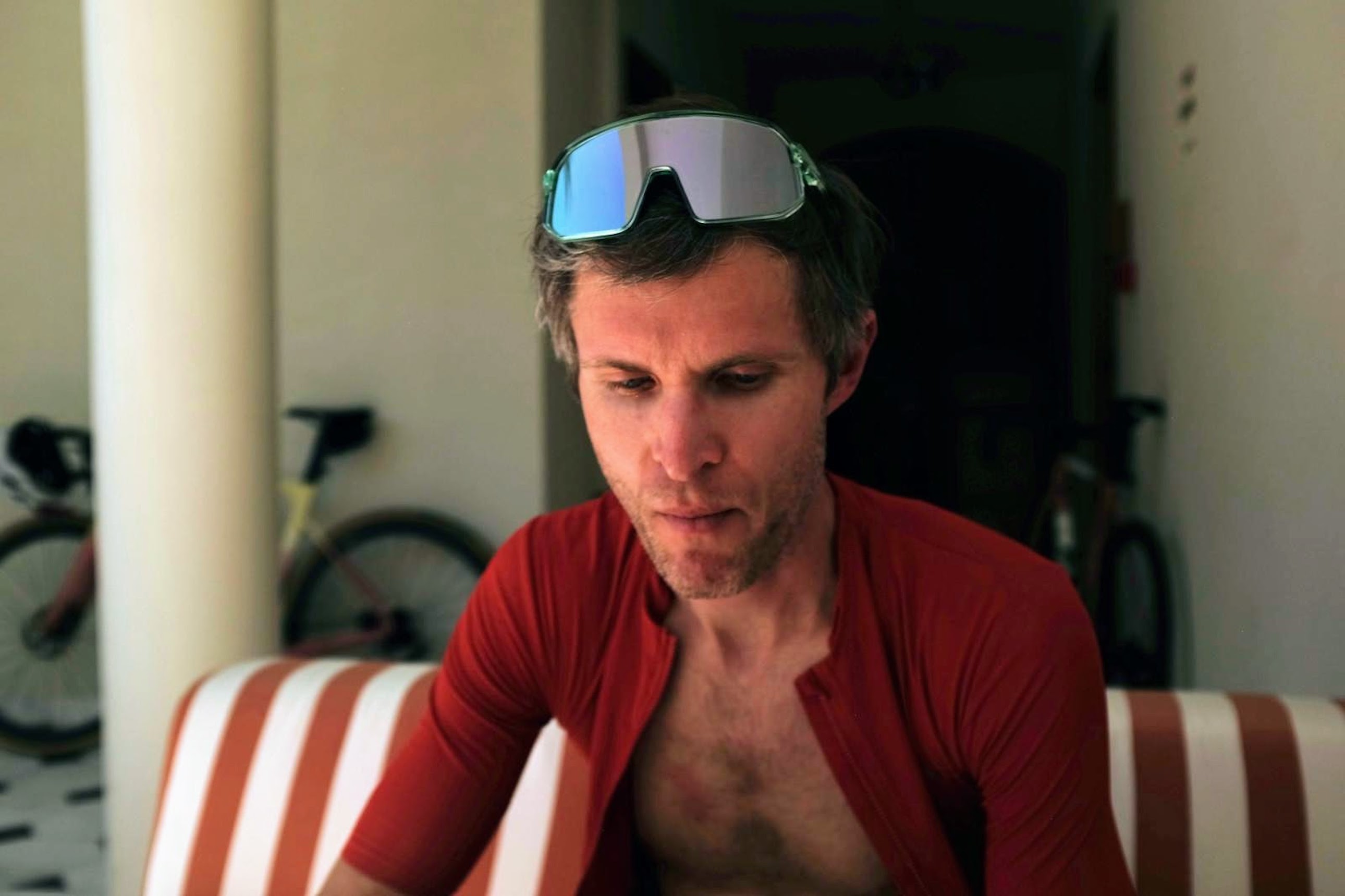
Aged just four, George Kirkpatrick was diagnosed with type-1 diabetes, meaning his pancreas wasn’t producing insulin, the hormone chiefly responsible for controlling blood sugar levels. It meant he’d be reliant on daily injections and blood tests for the rest of his life.
"Having been diagnosed so young," says Kirkpatrick, "I can’t really remember not having it, which is probably helpful."
He contrasts his own experience with that of his younger brother Gus, who was diagnosed with the same condition aged 13 - and had to deal with adapting to it at the same time as the upheaval of puberty. Kirkpatrick, who has just turned 28, has never let diabetes hold him back - in fact, sibling rivalry instilled an appetite for competition from a young age.
"I have two brothers, a sister and lots of cousins," he tells me. "In that environment - competing all the time, whether to be heard or just for an extra piece of toast - I got used to life being competitive."
>>> Subscriptions deals for Cycling Weekly magazine
As a kid, he rode a bike for fun, but most of his energy was channeled into playing team sports. His will to win would occasionally hit up against the realities of diabetes: the night after a hard match, his blood sugar would plummet, sometimes perilously.
"I was very competitive at rugby, and I would get delayed hypos and sometimes go into a fit and have to go into hospital."
Get The Leadout Newsletter
The latest race content, interviews, features, reviews and expert buying guides, direct to your inbox!
'Hypo' is shorthand for hypoglycaemia, insufficient blood sugar, which leads to confusion and loss of cognitive function and, if untended to, loss of consciousness and seizures. It is perhaps surprising, then, that Kirkpatrick has taken up a sport that places the body under a phenomenal demand for glucose: ultra-distance endurance. What prompted him to start taking cycling more seriously?
"After I moved to London [in 2014], it was the most practical way to get around," says Kirkpatrick, "but I didn’t start racing until 2018 - taking it more seriously and began Ironman training."
Having sketched his first foray into endurance training, Kirkpatrick makes a candid confession: "When I started work, I had quite bad mental health problems," he says. "I’ve never been diagnosed with depression - I’ve never told anyone about this except you, right now."
The grind of a high-pressure job in an investment bank began to get on top of him.
"I was struggling and was pretty miserable at work; that was why I turned to triathlon and cycling — to get away from everything and give me something to focus on in my spare time."
Kirkpatrick threw himself into high-volume training, squeezing in up to 25 hours per week despite being "a complete amateur" with a demanding day job.
"I had such a good time in 2018 and enjoyed the racing so much," he remembers. "It was a real outlet for me, with huge benefits, not just for my mental health: I was eating better, my blood sugar was more stable, I was much fitter and healthier — everything was improved."
>>> Cycling Weekly is available on your Smart phone, tablet and desktop
An intensity bordering on zeal infuses Kirkpatrick’s description of his high-performance, high-stakes lifestyle.
Doesn’t he fear burning himself out?
"I don’t get to bed until 11 most nights," he admits, "and I’m up at five, so I’m getting five or six hours’ sleep a night max. The relentless pursuit of excellence is a big focus. I’m a believer in, ‘if you’re going to do anything, do it to the best of your ability’ - in it to win it, or what’s the point?"
Last summer, he completed a double Ironman (4.7-mile swim, 220-mile ride, 52-mile run) in Austria, followed by the Barcelona Ironman in October, which he finished in 9hr 36min. His season’s crowning glory came at Red Bull Timelaps, a 25-hour bike race around Windsor Great Park, after he made a last-minute decision to enter the solo race — and won it outright. How was a type-1 diabetic able to perform at the sharp end in such a carb-depleting event?
"My brother Gus was my support crew, so we were a diabetic team." A continuous blood glucose monitor sent real-time readings to Kirkpatrick’s phone and enabled refuelling adjustment to rule out hypos. His confidence boosted, he is determined to demonstrate that diabetes need not be a limiting factor.
"[Leading the race] it struck me: wow, I could win this — and I’m diabetic!" he recalls. "I was thinking, come on, let’s prove to everyone that just because you’ve got diabetes doesn’t mean that you can’t win stuff like this."
What are his plans for 2020? "Either to get points on my licence and climb up the categories," he says, "or focus on ultra-endurance races like the Transcontinental Race."
As he continues to list targets, it’s clear that no race is too long or mountain too high to hold him back. "I’d like to defend my Red Bull title, and contest Revolve24, a qualifier for Race Across America — something I’d like to look at for 2021."
The diabetic pro
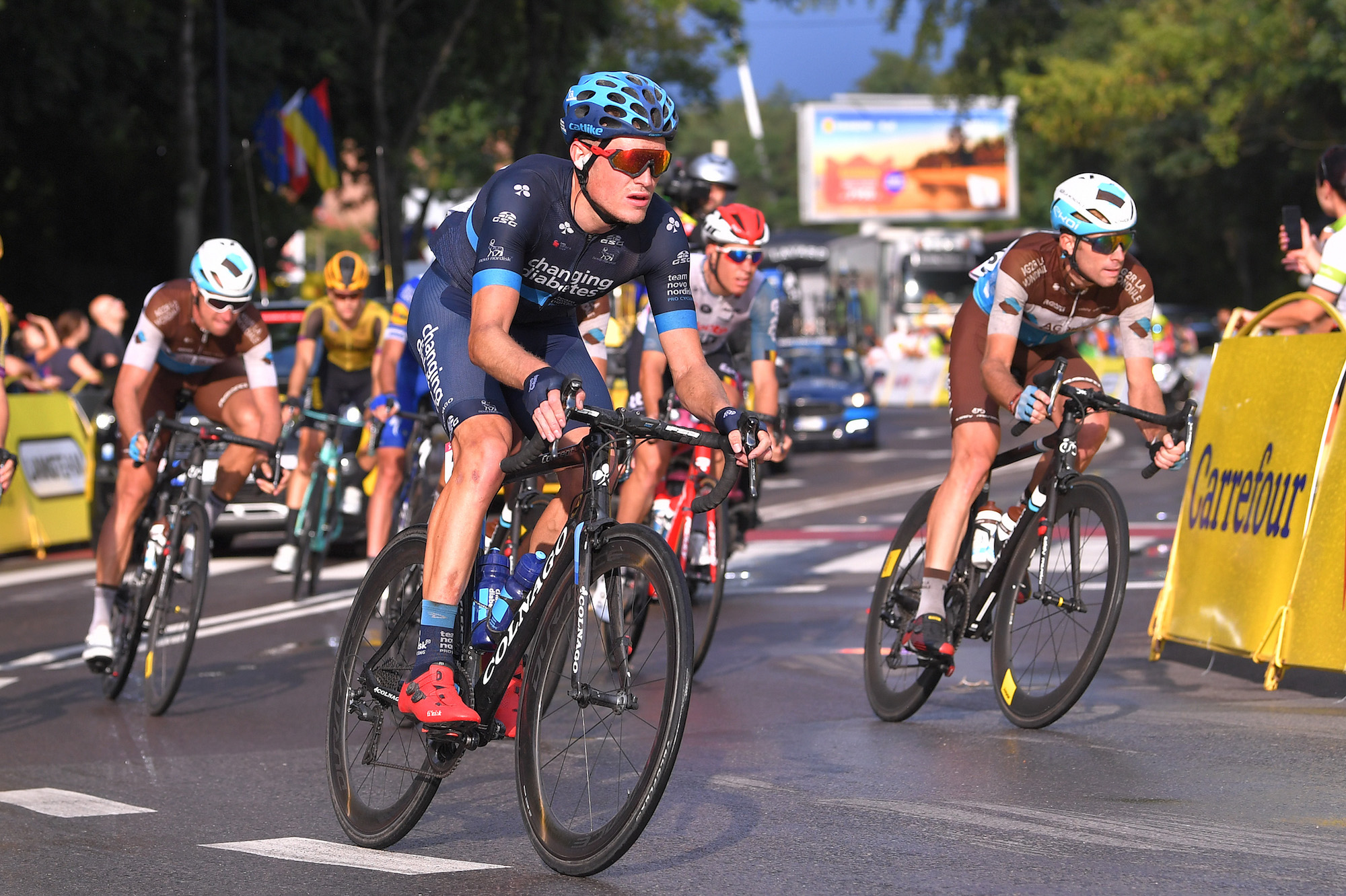
Triathlete turned cyclist Sam Brand, 28, rides for all-diabetic team Novo Nordisk: "I signed pro in 2018 and have competed in numerous WorldTour races including Milan-San Remo twice. It’s a crazy adventure that I’m in love with. Professional cycling is in itself challenging. For me, type-1 diabetes is just another step in this challenge, not a hurdle that stands in the way. Being part of Team Novo Nordisk is amazing because we not only race for the win but to inspire, educate and empower everyone around the world affected by diabetes.
"All of us on the team have diabetes; it’s a special bond that we share. Diabetes has given me a community, a family, and something to fight for. I want to use it as a positive, always."
This feature originally appeared in the print edition of Cycling Weekly, on sale in newsagents and supermarkets, priced £3.25.

Thank you for reading 20 articles this month* Join now for unlimited access
Enjoy your first month for just £1 / $1 / €1
*Read 5 free articles per month without a subscription

Join now for unlimited access
Try first month for just £1 / $1 / €1

David Bradford is features editor of Cycling Weekly (print edition). He has been writing and editing professionally for more than 15 years, and has published work in national newspapers and magazines including the Independent, the Guardian, the Times, the Irish Times, Vice.com and Runner’s World. Alongside his love of cycling, David is a long-distance runner with a marathon PB of two hours 28 minutes. Having been diagnosed with retinitis pigmentosa (RP) in 2006, he also writes about sight loss and hosts the podcast Ways of Not Seeing.
-
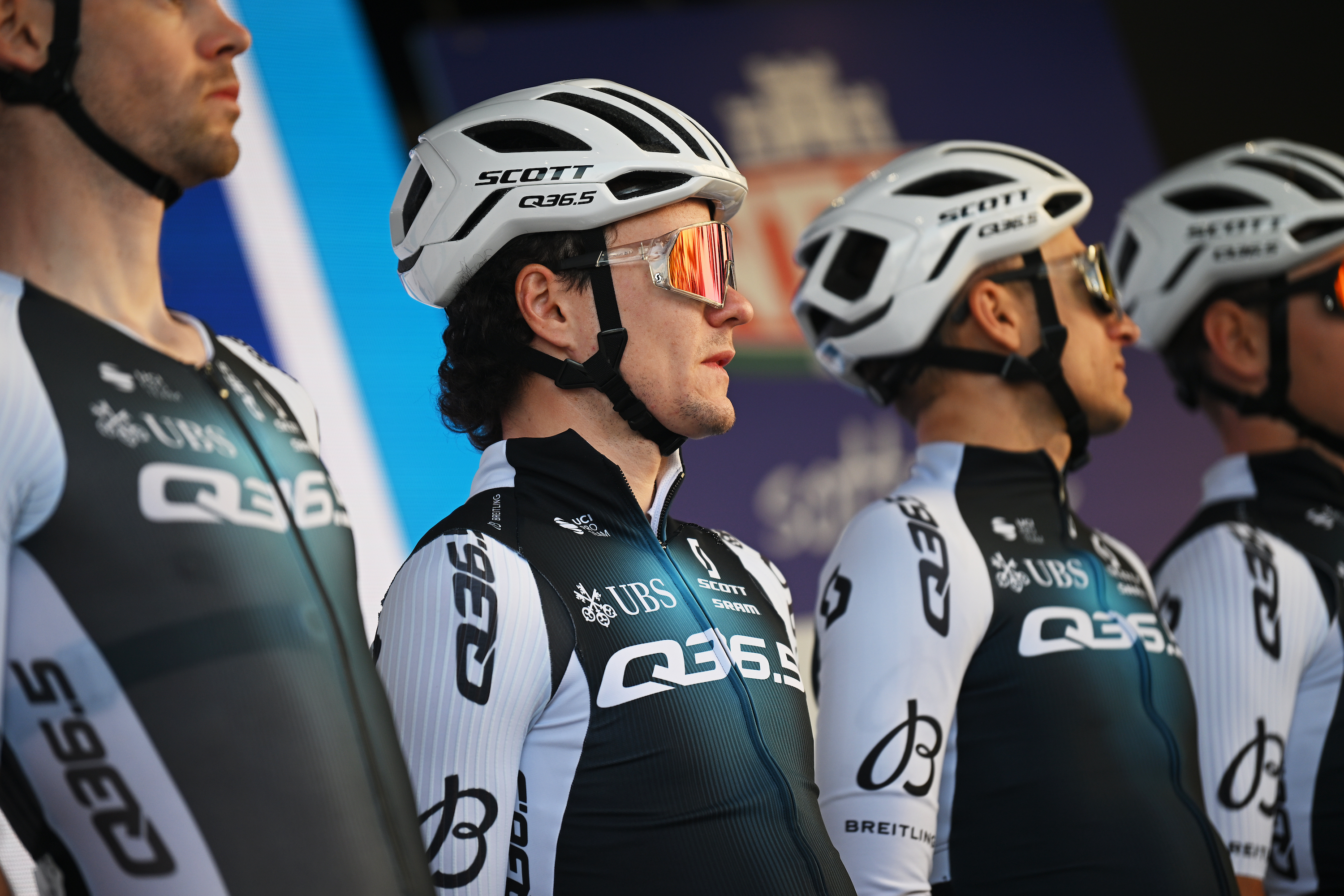 'I thought it would be dark by the time I got here' - Joey Pidcock, the last rider to finish Paris-Roubaix, on his brutal day out
'I thought it would be dark by the time I got here' - Joey Pidcock, the last rider to finish Paris-Roubaix, on his brutal day outQ36.5 rider finishes outside time limit, but still completes race with lap of the Roubaix Velodrome
By Adam Becket Published
-
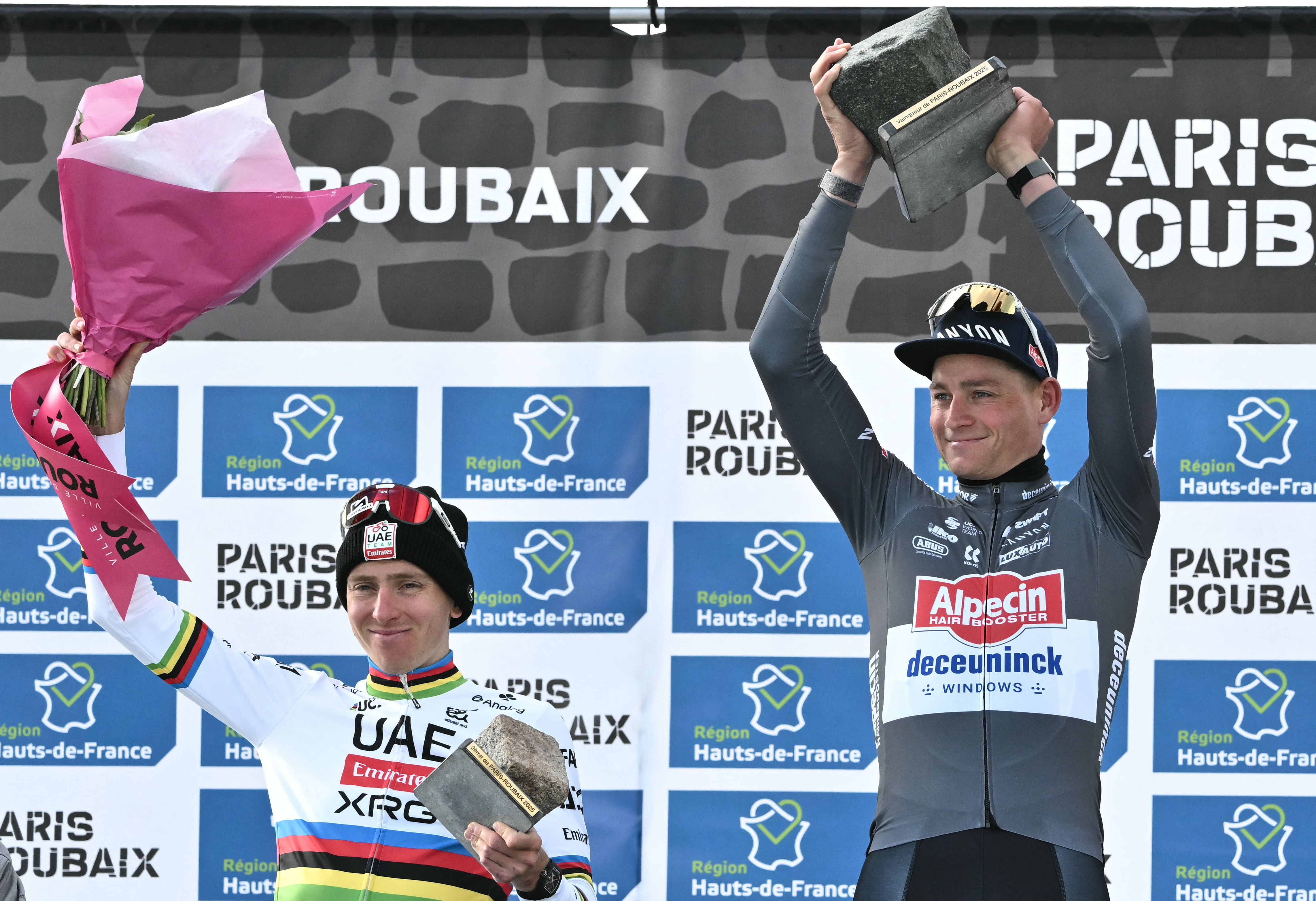 The stats behind Mathieu van der Poel’s record-breaking Roubaix success
The stats behind Mathieu van der Poel’s record-breaking Roubaix successThe Dutchman's eighth success in a Monument underlined his standing among the Classics greats
By Peter Cossins Published
-
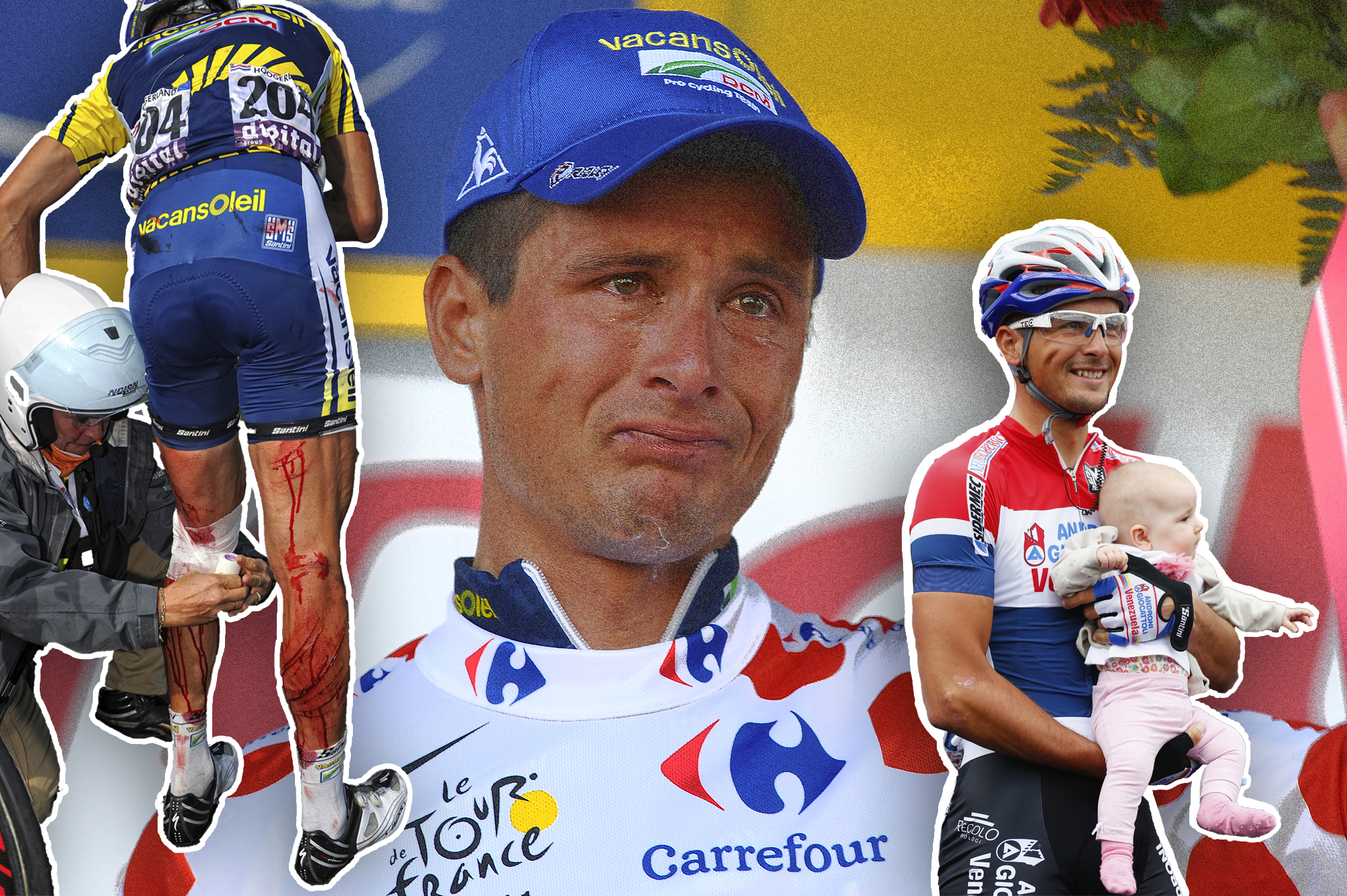 What happened to Johnny Hoogerland?
What happened to Johnny Hoogerland?A career defined by a collision with a TV car at the 2011 Tour de France, we tracked down the Dutch rider to find out how the next 10 years unfolded
By Jonny Long Published
-
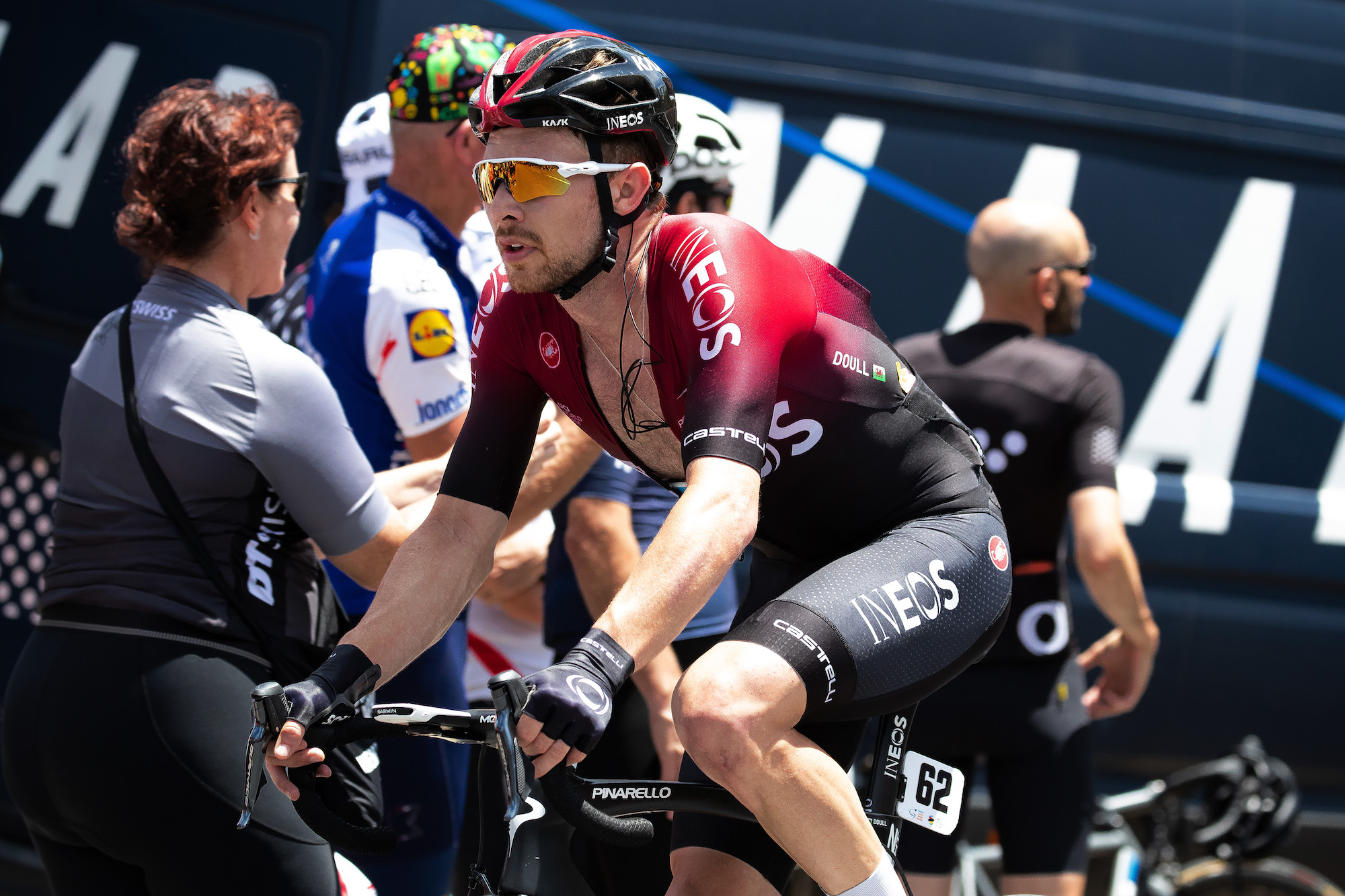 'The domestiques on our team are unsung heroes': Owain Doull Q&A
'The domestiques on our team are unsung heroes': Owain Doull Q&AThe Olympian and Team Ineos man on his Maindy roots, staying motivated and passion for coffee
By David Bradford Published
-
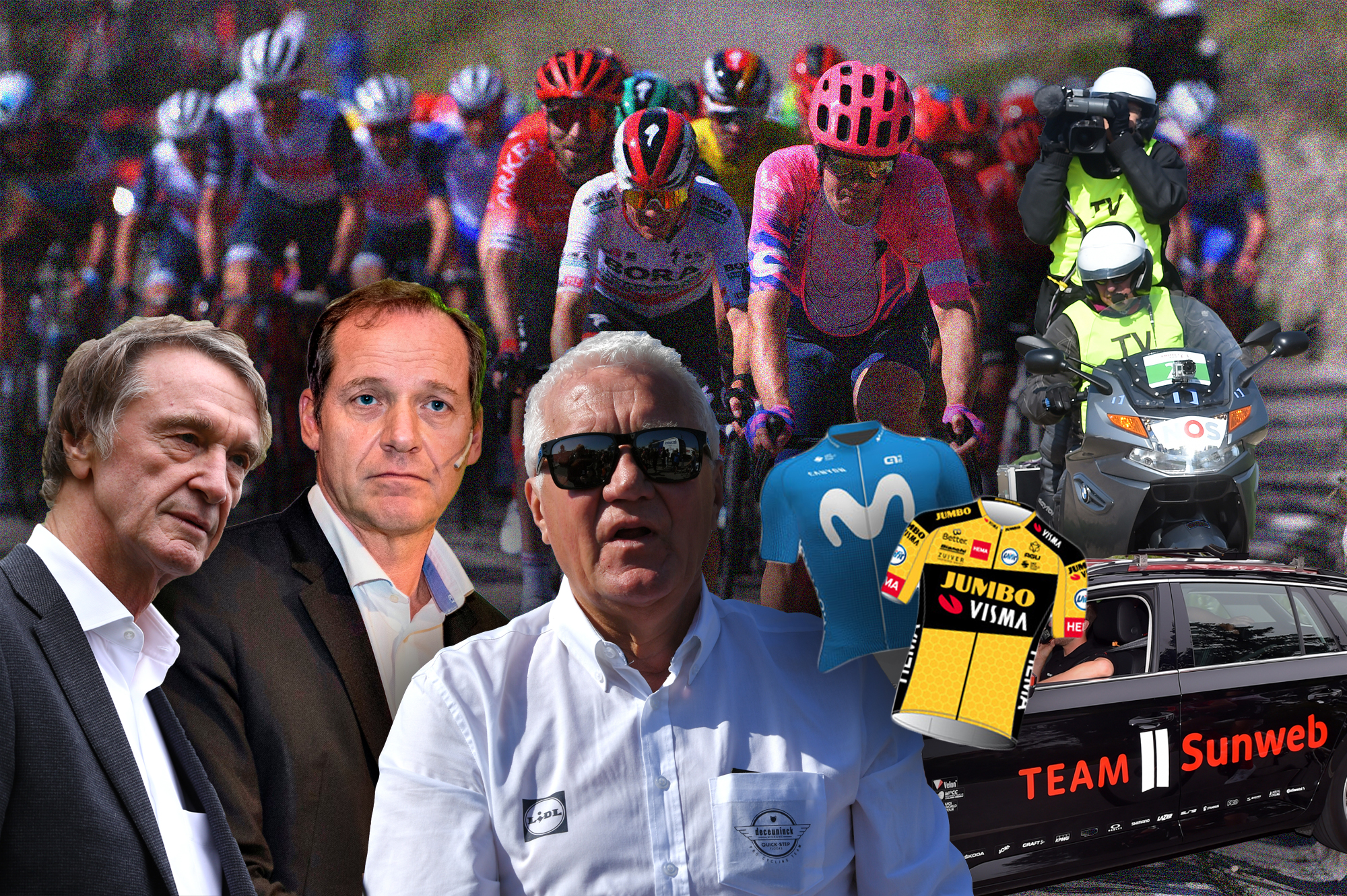 What will happen to pro cycling? Exploring the economic landscape after coronavirus
What will happen to pro cycling? Exploring the economic landscape after coronavirusFrom the fate of various WorldTour teams to whether a behind-closed-doors Tour de France actually solves anything
By Jonny Long Published
-
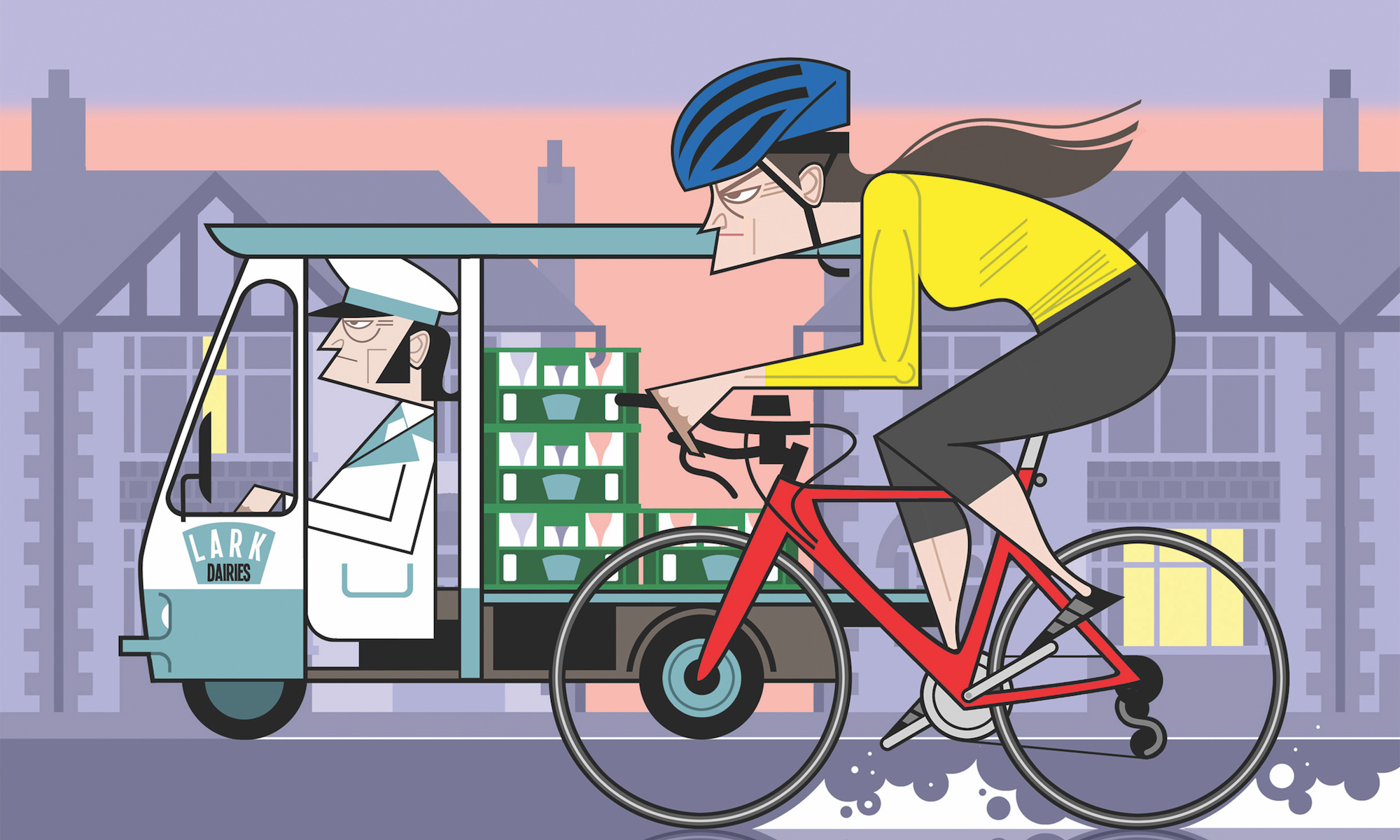 Is there a best time to train? A sports scientist investigates
Is there a best time to train? A sports scientist investigatesMost of us ride our bikes whenever we get chance, but is there a best time of day when you’ll unlock the most potential and make maximum gains? Sports scientist Dr Mark Homer investigates
By Cycling Weekly Published
-
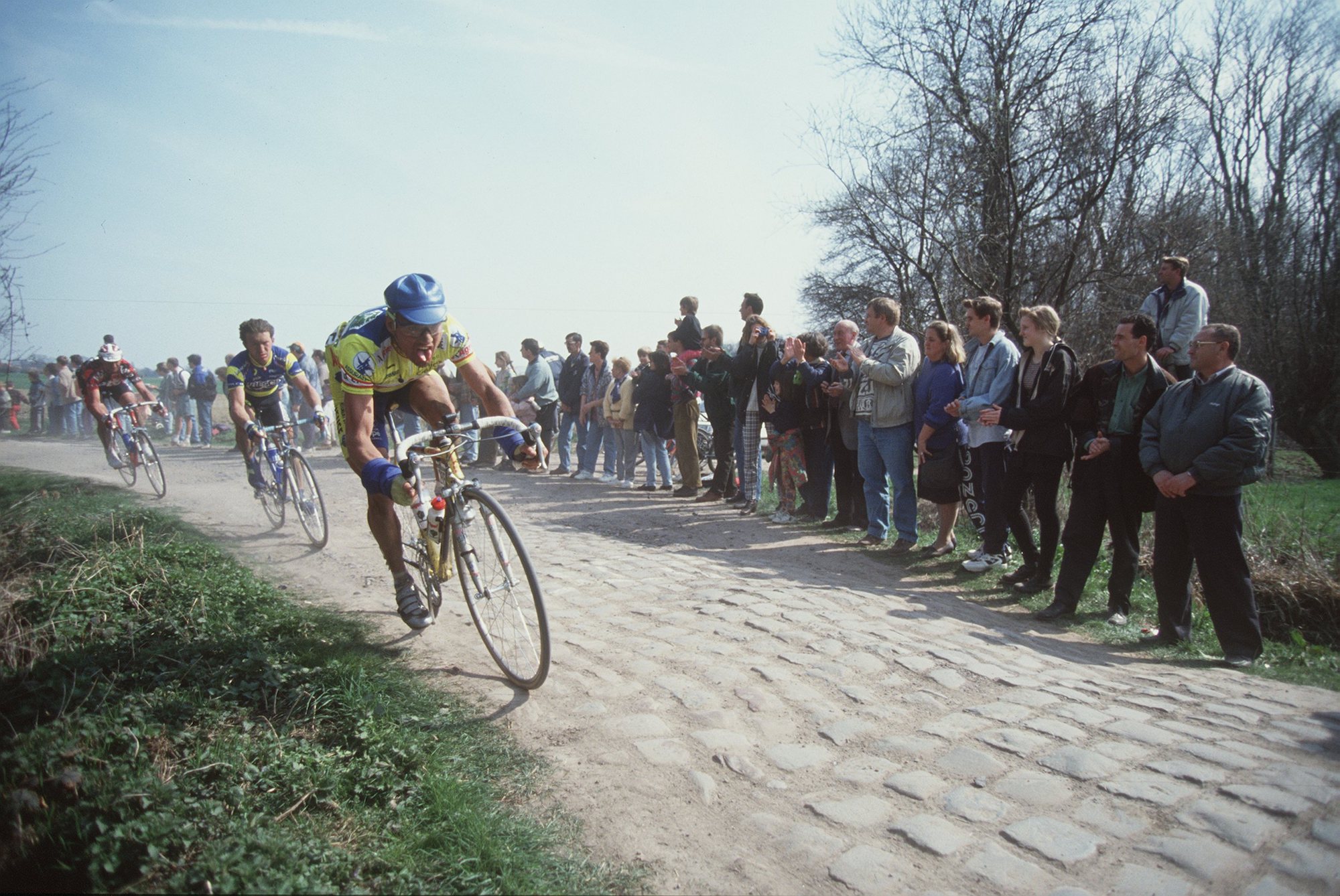 Forging legends: Here are the 10 best Classics of all-time
Forging legends: Here are the 10 best Classics of all-timeDo you agree?
By Cycling Weekly Published
-
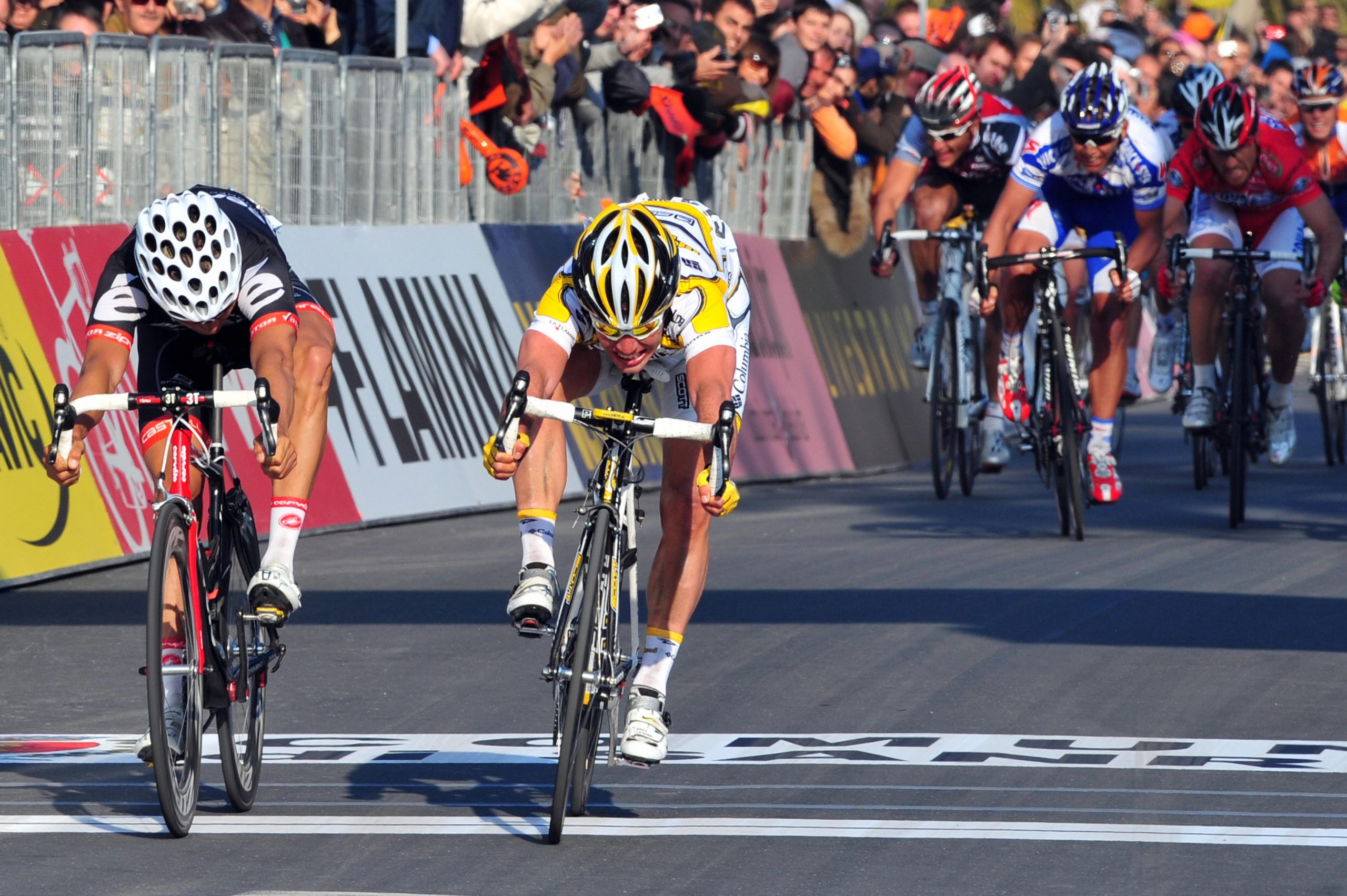 Five of the all-time best Classics rides by Brits
Five of the all-time best Classics rides by BritsFrom Tom Simpson to Lizzie Deignan
By Cycling Weekly Published
-
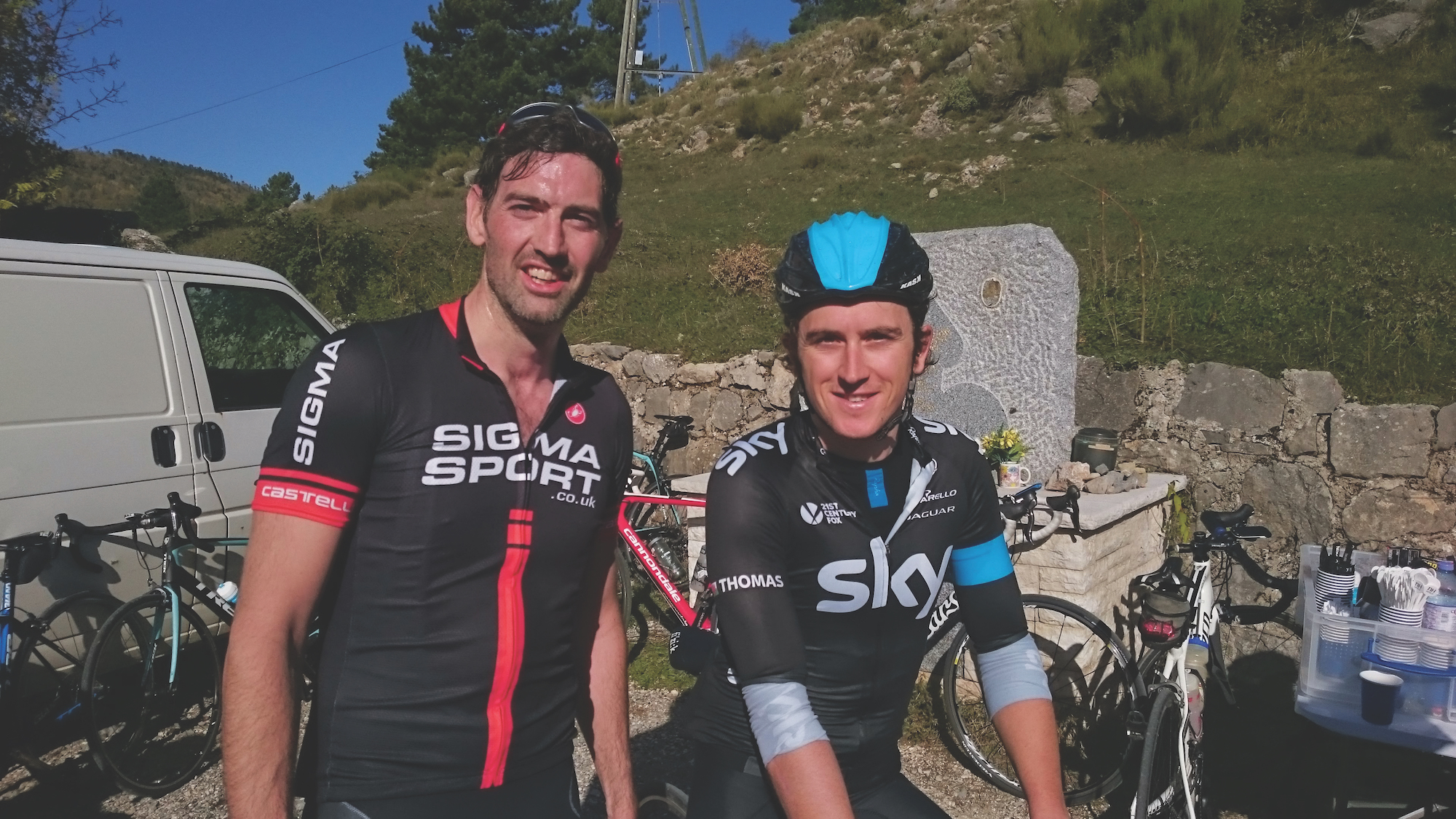 'I was going hard while Geraint was sitting up chatting': Five types of riders to help you succeed
'I was going hard while Geraint was sitting up chatting': Five types of riders to help you succeedThere’s no mightier influence on your fitness than fellow cyclists — friends and foes. Sports psychologist Dr Josephine Perry identifies five archetypal riders who could prove pivotal to your progress
By Josephine Perry Published
-
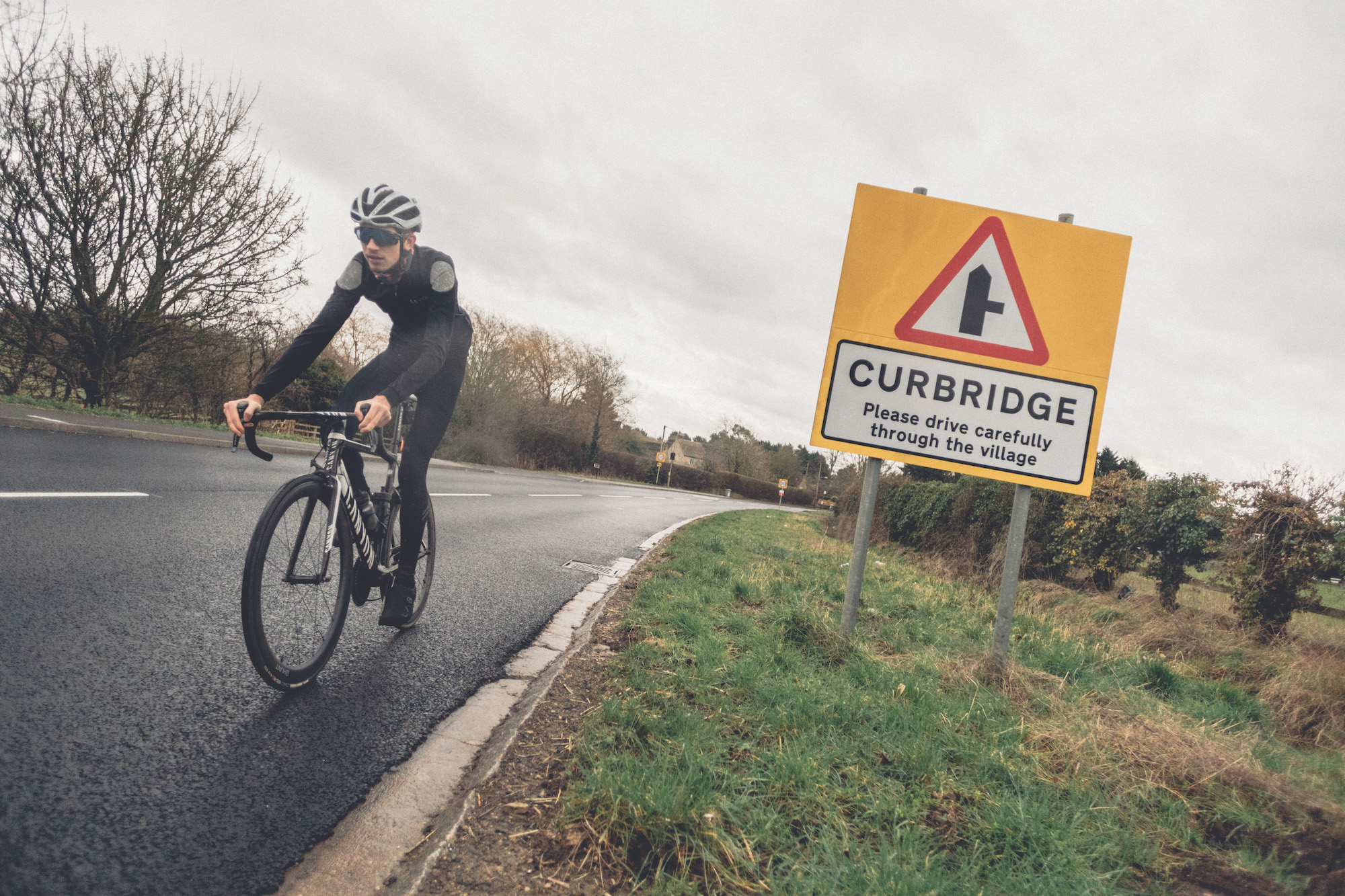 Is this Britain's smoothest road?
Is this Britain's smoothest road?A new high-tech road surface in Oxfordshire could herald a cycling revolution, we rode it to find out more
By Vern Pitt Published